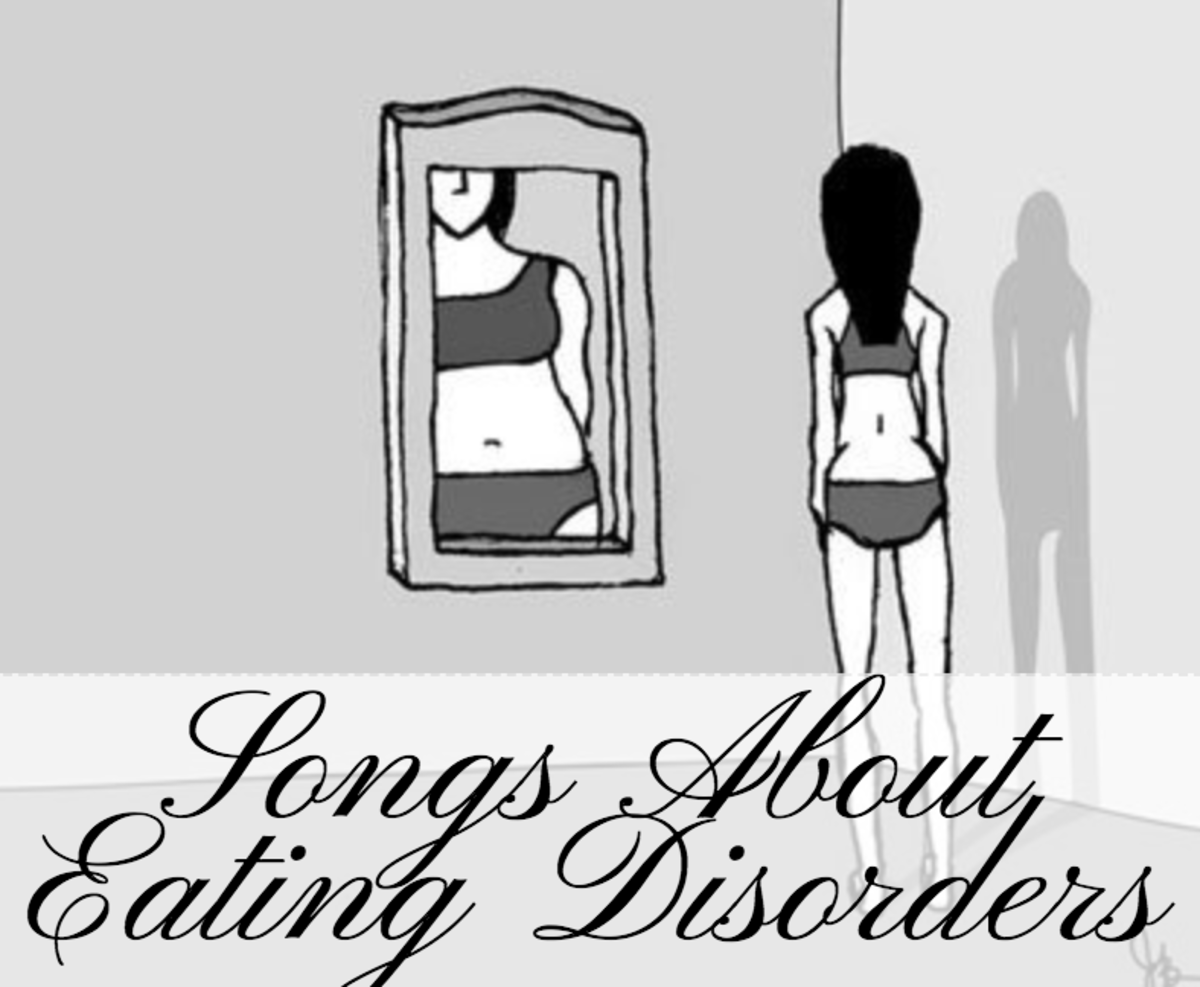Eating Disorders

Motivation and the Brain
Healthy eating or dieting would seem like the mountain of an obstacle for many people. Theories about the motivation to eat or not eat range from eating habits formed as children to the chemical reactions in the brain. The profession of miracle cures for appetite only seems to cloud ideas that people have about eating right. Between what science knows and what it assumes, lies thousands of people who are not motivated to change their eating habits. An understanding of how the brain works can help a person to be a healthy eater.
Brain Function
It would seem obvious that a person must eat to survive. The instinct to eat to survive is present in all animals including man. The control center for the drive to eat comes from the hypothalamus in the core of the brain. The activation of never cells within the hypothalamus controls the subconscious need of a person to eat and possibly even what they eat. Neurotransmitters play a role in the complex process of motivating a person to eat.
The brain is stimulated by the intake of food creating a natural reward system for the brain. When the brain is sluggish or unmotivated to do much of anything else, it sends the signal that food is needed to produce energy. The energy gained through food intake becomes a stimulant for the brain. According to Doctors; Richard Balon, and J. Allan Hobson (2007) , the food intake process at times helps to promote a positive mood in the individual. The reward of the food stimulus is a factor in how people behave in relation to food consumption. The motivation to have a comfortable mood explains the idea of comfort food which sustains the body for a reasonable amount of time.
Eating Disorders
As with many of the disorders of the brain that are considered obsessive, eating disorders are regulated by the serotonin and dopamine in the brain. Recent brain imaging studies at the University of California (UOC) suggest that the levels of serotonin and dopamine in the brain contribute to the disorders anorexia and bulimia nervosa (UOC 2009). While both anorexia and bulimia are commonly thought of as being social reactive disorders, these new studies using Functional Magnetic Resonance Imaging (FMRI) show that chemical within the brain could be a cause for these disorders.
The University Hospital in Zurich Switzerland discovered a correlation between a disorder known as Gourmand Syndrome and lesions in the right anterior cerebral hemisphere of the brain (Regard and Landis 1997). People with Gourmand Syndrome have a need to eat gourmet food and while the disorder may sound a bit silly compared to life threatening disorders like anorexia, the study on Gourmand Syndrome suggests a relationship between eating and brain function.
Extrinsic Factors
As with any behavior, the affects of outside influences can be substantiated through generations of certain behaviors. Societal pressures and customs should not be ruled out as prominent factors in eating habits. Negative parental attention, overly controlling parents, peer pressure, and societal standards have long been blamed for eating disorders from bulimia to overeating. While one or all of these influences can root in the mind of an individual, that person must have a negative self image and unrealistic expectations for personal appearance before any of these factors can manifest as a disorder.
For some children the ability to control what they eat is a method of rebellion against parents. For instance a child whose mother has made comments about weight gain may continue to over eat out of spite toward that parent. The need to control a function in the child’s own life propagates behavior that leads to weight gain or loss. Like adults, children can also develop a need to increase serotonin levels in the brain through eating. The compulsion to feel better when life is stressful can become an eating habit for children.
The ideas of eating everything on your plate because, children were starving in China, have contributed to attitudes about food that lead to overeating. Children may develop eating disorders or good eating habits from the things they are taught by parents. Some children are given good ideas, positive eating habits as children and never experience the issues of children who were not taught good eating habits. As with most habits, children learn from the examples of their parents. If a parent shows a child that it is good to eat fruits and vegetables then that child is more likely to eat fruit and vegetables as they grow up. In certain societies the staple foods are based on what is readily available, such as China where rice is a staple food. It would be odd to have a family in China not eat rice or a Tongan who does not eat bananas.
Intrinsic Factors
A person’s own thoughts about eating may be the greatest factor in healthy eating. How a person perceives themselves can spur changes in eating habits. A person can develop incorrect ideas about eating habits and those ideas can cause poor habits to occur. How a person thinks about eating consequences, time restrictions, and even exercise can drastically change eating habits. An example if a person believes they can eat to excess because they exercise that day, then they are actually functioning under a false principle that may lead to a poor habit..
Intrinsic motivation plays a strong roll in a person’s ability to control their eating habits. Motivation in eating habits may be reinforced by perceived rewards such as better mood, healthier appearance, or relief from digestion issues. Regardless of the ideas behind motivation, a person can overcome what they were taught or what they have previously experienced through the will to eat healthy.
Conclusion
The chemical interactions in the brain can contribute a person’s determination to eat healthy. Baring serious chemical imbalance and regardless of upbringing each person can learn to eat healthy. The extrinsic factors in a person’s life do not inhibit their ability to learn healthy eating habits. While extrinsic ideas, chemicals in the brain, and intrinsic motivation all play a role in healthy eating.
Balon, Richard Phd. . Hobson, J. Allan Phd. (November 2007). Basic Drives: Eating, Sleeping, and Sex. The Dana Guide. Retrieved on July 10, 2009 from http://www.dana.org/Publications/GuideDetails.aspx?id=49988
Regard, M. Landis, T. (May 1997). Gourmand Syndrome. Retrieved on July 12, 2009 from
http://www.ncbi.nlm.nih.gov/pubmed/9153440
University of California, San Diego. (2009). Brain Imaging Studies. Retrieved on July 12, 2009








